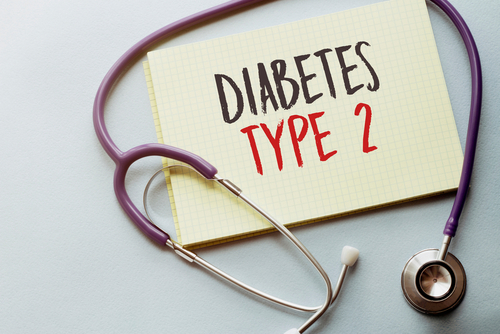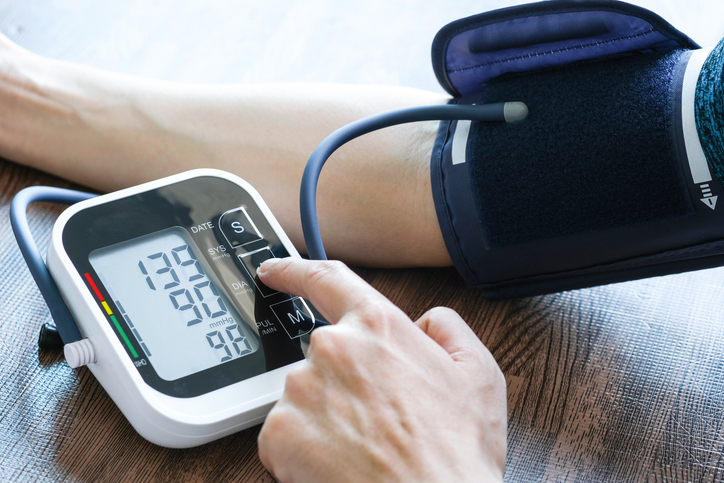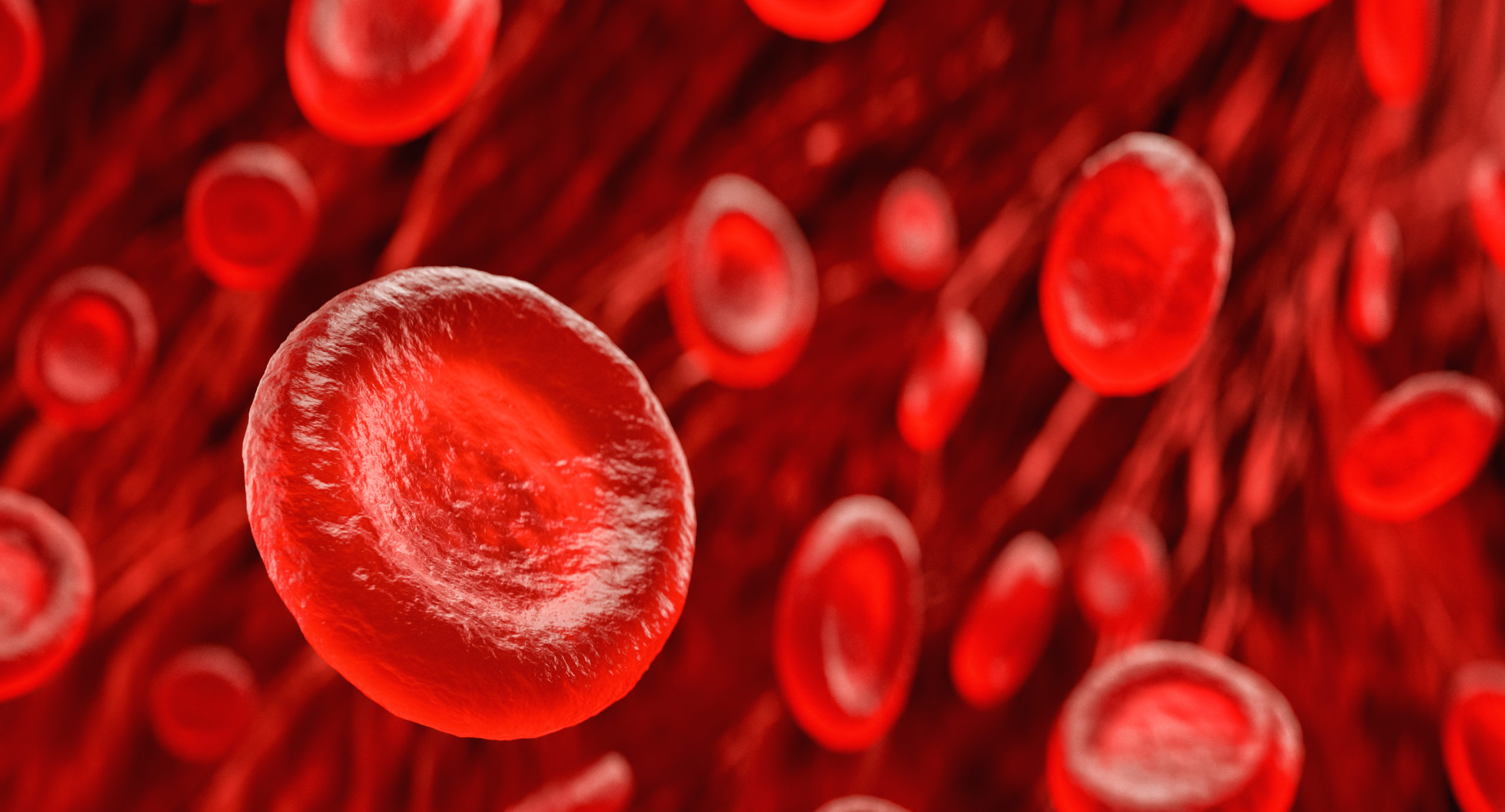Treatment for patients who develop severe hypertension during hospitalization is not guideline dependent, according to Lama Ghazi, MD, PhD, and colleagues at Yale University, New Haven, Connecticut. Treatment with intravenous (IV) antihypertensives could lead to more acute blood pressure reductions and worse outcomes compared with oral medications. The researchers conducted a study designed to examine the effect on clinical outcomes of treatment overall and by treatment route in patients who develop severe hypertension during hospitalization.
Results of the multi-hospital, retrospective study were reported during a poster session at the American Society of Nephrology Kidney Week 2022. The poster was titled Antihypertensive Treatment and Clinical Outcomes Among Patients Who Develop Severe Hypertension During Hospitalization.
The study cohort included adults admitted for reasons other than hypertension who developed severe hypertension during the hospitalization. Severe hypertension was defined as systolic blood pressure ≥180 mm Hg or diastolic blood pressure ≥110 mm Hg. The association between treatment and clinical outcomes was examined using overlap propensity score weighted Cox models.
Of 224,265 patient hospitalizations, 9% developed severe hypertension and 40% were treated. Of those treated, 21% received IV hypertensive medications and 72% received oral hypertensives. Compared with patients who received oral hypertensives, those who received IV antihypertensive treatment were more likely to be female (60% vs 54%), less likely to be Hispanic or Latino (9% vs 12%), and were less likely to have comorbidities such as hypertension (79% vs 88%), and diabetes (42% vs 52%).
Patients in the IV medications group were also less likely to be admitted to the medical ward (71% vs 87%), have higher estimated glomerular filtration rate (63 mL/min/1.73 m2 vs 55 mL/min/1.73 m2) on admission, have higher blood pressure on admission (168/68 mm Hg vs 153/79 mm Hg), and higher blood pressure at the time of development of severe hypertension (188/92 mm Hg vs 185/88 mm Hg).
Compared with patients who did not receive treatment for severe hypertension, those who received IV treatment had higher risk of myocardial injury, acute kidney injury, and death. Patients who received oral hypertensives had lower risk of death compared with those who received no treatment.
In conclusion, the researchers said, “IV antihypertensive treatment was associated with worse clinical outcomes and therefore oral antihypertensives should be considered as the more preferable alternative for treatment of severe hypertension without acute end organ damage.”
Source: Ghazi L, Nugent J, Greenberg JH, Bakhoum CY, Wilson, FP. Antihypertensive treatment and clinical outcomes among patients who develop severe hypertension during hospitalization. FR-PO752. Abstract of a poster presented at the American Society of Nephrology Kidney Week 2022; November 4, 2022; Orlando. Florida.







 © 2025 Mashup Media, LLC, a Formedics Property. All Rights Reserved.
© 2025 Mashup Media, LLC, a Formedics Property. All Rights Reserved.